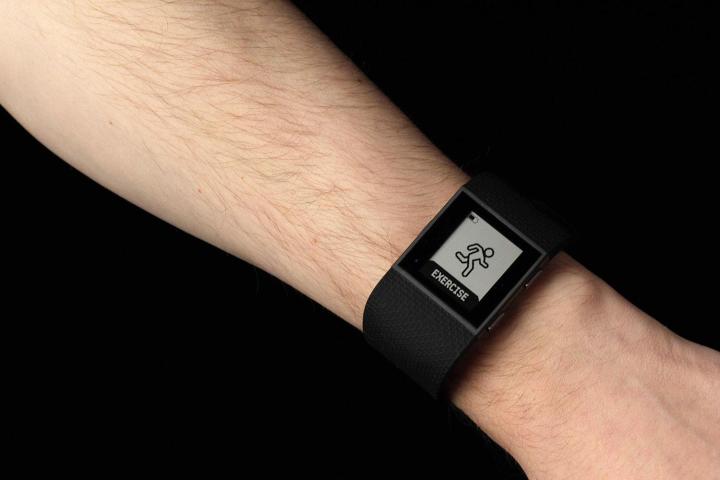
First up is Colorado resident Teresa Black, who claimed that her Charge HR recorded her heart rate at 82 beats per minute (bpm), significantly lower than her actual heart rate of 160 bpm at the time. This alleged recording was especially egregious on the part of the Charge HR, as her real-life bpm recording was close to the maximum recommended heart rate for her age.
Meanwhile, Wisconsin resident David Urban compared his Surge’s heart rate recording to a chest strap monitor’s and found that the former recorded his heart rate at 15-25 bpm lower than the actual heart rate, while never displaying a heart rate higher than 125 bpm. This is dangerous for Urban, since the heart disease that runs in his family ensures his need to remain under 160 bpm.
Third, Kate McLellan, Ph.D., a rehabilitation scientist from California, compared her Charge HR’s heart rate recording to recordings made by a stationary cardiovascular exercise machine and found that her Charge HR consistently underreported her heart rate.
In general, all three plaintiffs accused Fitbit of false advertisement with the Charge HR and Surge, since they allege that the two wearables dangerously underreported their heart rates.
Not stopping there, measurements from the Fitbits were compared to those by an electrocardiogram (ECG) by a board-certified cardiologist, with the findings concluding that the Charge HR and Surge would display heart rates that were off by an average of 25 bpm. Even worse, some of the Fitbits’ measurements off by as much as 75 bpm.
Unsurprisingly, Fitbit dismissed the claims made in the lawsuit, saying that it has “performed and continues to perform internal studies to validate our products’ performance.” Even though that may be the case, Fitbit also says its devices are not medical devices, and, as such, should not be held up as the gold standard.


